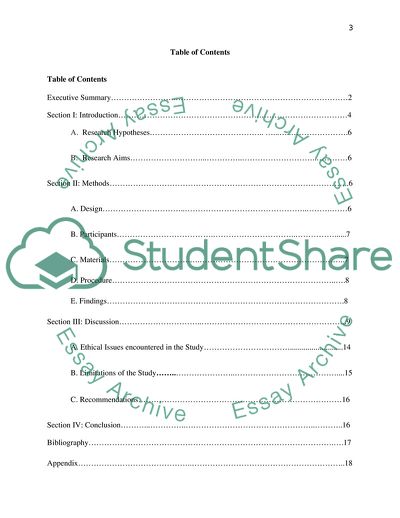Cite this document
(Impact of Categorized Word List on Recall, Relative to a List Randomly Research Paper Example | Topics and Well Written Essays - 2000 words, n.d.)
Impact of Categorized Word List on Recall, Relative to a List Randomly Research Paper Example | Topics and Well Written Essays - 2000 words. https://studentshare.org/psychology/1812341-research-on-word-memory
Impact of Categorized Word List on Recall, Relative to a List Randomly Research Paper Example | Topics and Well Written Essays - 2000 words. https://studentshare.org/psychology/1812341-research-on-word-memory
(Impact of Categorized Word List on Recall, Relative to a List Randomly Research Paper Example | Topics and Well Written Essays - 2000 Words)
Impact of Categorized Word List on Recall, Relative to a List Randomly Research Paper Example | Topics and Well Written Essays - 2000 Words. https://studentshare.org/psychology/1812341-research-on-word-memory.
Impact of Categorized Word List on Recall, Relative to a List Randomly Research Paper Example | Topics and Well Written Essays - 2000 Words. https://studentshare.org/psychology/1812341-research-on-word-memory.
“Impact of Categorized Word List on Recall, Relative to a List Randomly Research Paper Example | Topics and Well Written Essays - 2000 Words”. https://studentshare.org/psychology/1812341-research-on-word-memory.


